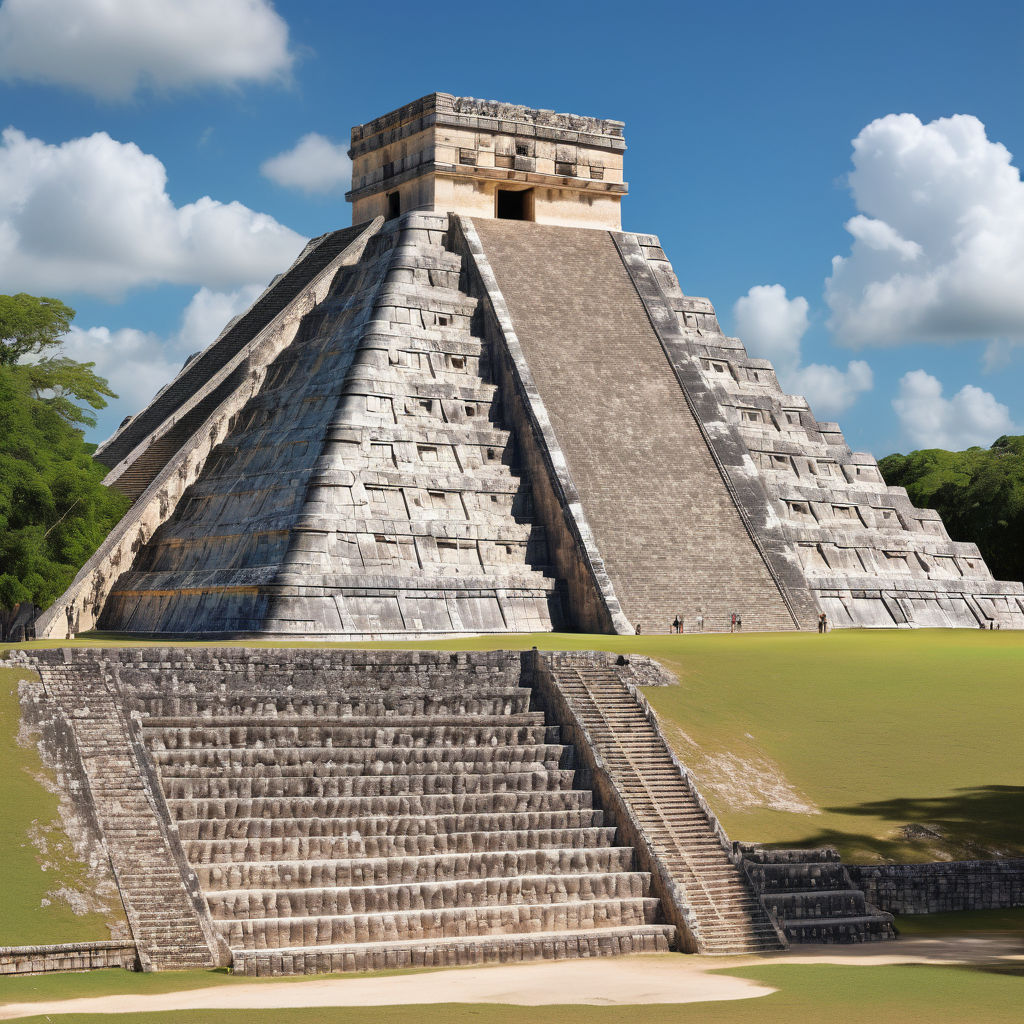Discover Mexico: Cultural Heritage, Cross-cultural Engagement, and Social Dynamics
Exploring Mexico's Rich Traditions, International Partnerships, and Social Interactions

Introduction to Mexico
Mexico, officially known as the United Mexican States, is located in the southern part of North America. It shares its northern border with the United States, and its southern borders with Guatemala and Belize. To the west lies the Pacific Ocean, while the Gulf of Mexico and the Caribbean Sea border the east. Major cities include Mexico City (the capital), Guadalajara, Monterrey, and Puebla. Mexico boasts a rich cultural heritage that blends indigenous traditions with Spanish influences, resulting in vibrant art, music, cuisine, and festivals. The country is renowned for its ancient civilizations, such as the Aztecs and Mayans, and for its colorful celebrations like Día de los Muertos (Day of the Dead).
Cross-national and Cross-cultural Understanding
Mexicans generally perceive and engage with other cultures with warmth and openness. The country's historical position as a crossroads between North and South America has fostered a multicultural society that values diversity. Mexico actively promotes cross-cultural understanding through various initiatives and programs. Significant cultural exchanges and educational programs highlight Mexico's commitment to global engagement. The Mexican government, through institutions like the Mexican Agency for International Development Cooperation (AMEXCID), offers scholarships and supports cultural exchange programs that foster mutual understanding. Additionally, cultural festivals such as the International Cervantino Festival and various art exhibitions attract participants from around the world, promoting cultural dialogue. International partnerships also play a crucial role in fostering cross-cultural understanding. Mexico maintains strong cultural and educational ties with countries across the Americas, Europe, and Asia. These partnerships facilitate academic exchanges, joint research projects, and cultural collaborations, enhancing global cultural ties.
Interactions and Social Dynamics
Interactions between Mexicans and foreigners are typically characterized by friendliness and enthusiasm. Mexican social behaviors are influenced by cultural values such as warmth, hospitality, and community orientation. Mexicans are known for their friendly demeanor and often go out of their way to make foreigners feel welcome. Social behaviors in Mexico emphasize respect and formality in initial interactions, with common greetings including a firm handshake or a kiss on the cheek, depending on the context. Hospitality is a significant aspect of Mexican culture, and guests are often treated with great care and generosity. Communication styles in Mexico are generally expressive and indirect. Mexicans tend to use elaborate language and gestures to convey their messages, often prioritizing harmony and politeness over directness. Understanding these subtleties can be challenging for foreigners, but learning the language and cultural norms can help bridge this gap. Language plays a crucial role in interactions. Spanish is the official language, and while English is taught in schools and spoken by many in urban areas, especially in tourist regions, proficiency varies. Multilingualism is increasingly important in facilitating interactions, and efforts to improve English education continue to grow.
Views on Dating and Relationships
Dating and relationships between Mexicans and foreigners are common and generally viewed positively. Mexican society tends to be open-minded about cross-cultural relationships, seeing them as opportunities for cultural exchange and personal growth. However, cultural expectations and traditions can still influence dating dynamics. In Mexican dating culture, there is often a strong emphasis on family and social approval. Relationships are typically pursued with a long-term perspective, and there is a strong focus on compatibility and mutual respect. Traditional gender roles can play a significant role in dating dynamics, with expectations for men to be chivalrous and women to be nurturing. Cultural expectations and traditions, such as the importance of family approval and traditional gender roles, can impact relationships. Understanding and respecting these cultural norms is essential for successful cross-cultural relationships in Mexico.
Marriage and Family
Marrying foreigners is widely accepted in Mexico, although it comes with certain social and familial considerations. Legal considerations for such marriages are straightforward, with clear regulations for international unions governed by Mexican civil law. Socially, Mexican families may initially have reservations about cross-cultural marriages due to concerns about cultural differences and social compatibility. However, acceptance typically increases as relationships develop and families get to know the foreign partner. Family plays a central role in Mexican culture, and marrying into a Mexican family often involves participating in family gatherings and traditions. Common practices in cross-cultural marriages include celebrating both Mexican and foreign traditions, creating a blended cultural environment. For example, a couple might celebrate Mexican festivals like Día de los Muertos and Independence Day alongside holidays from the foreign partner's culture.